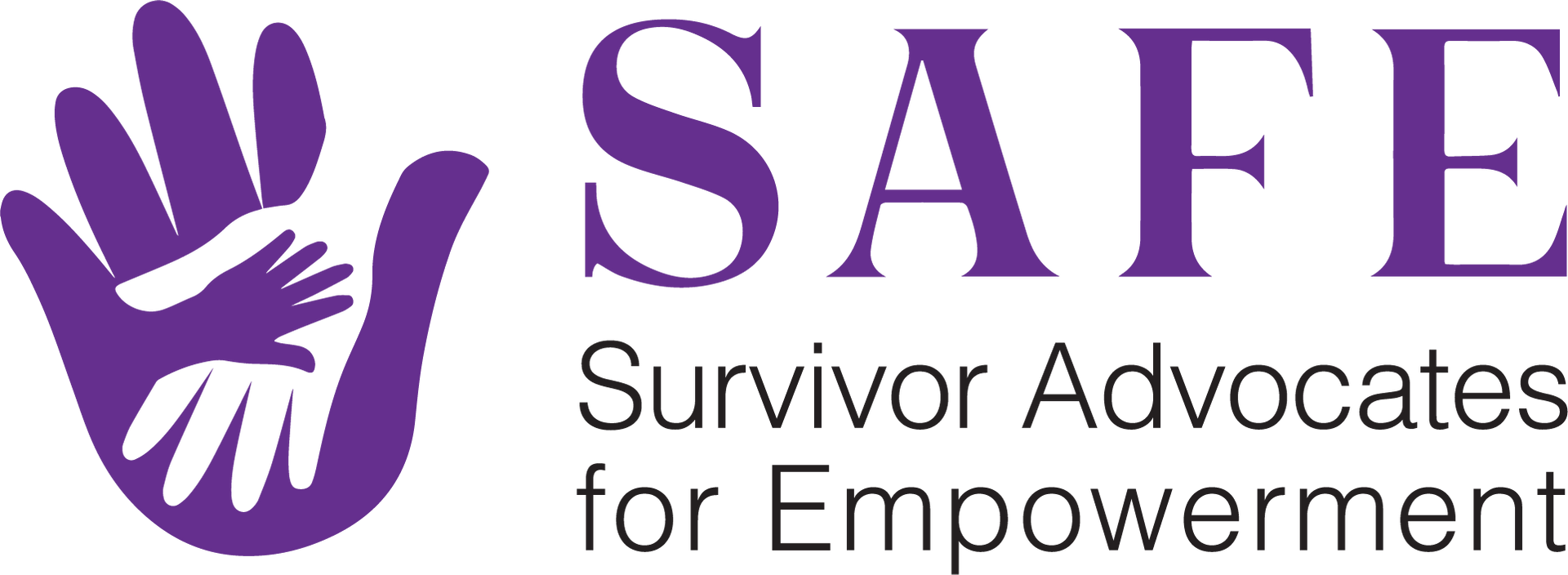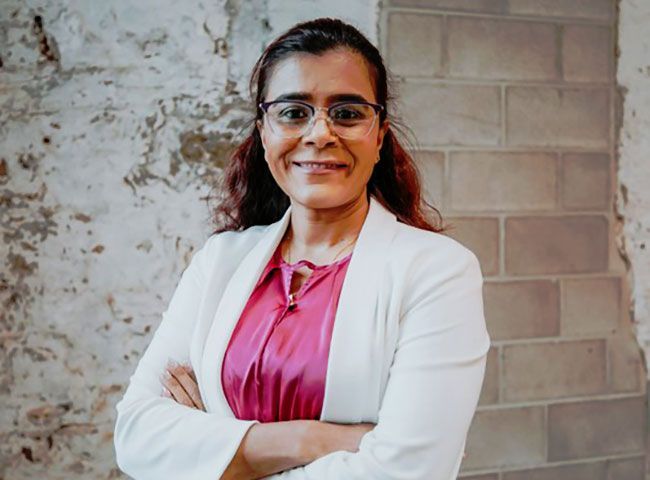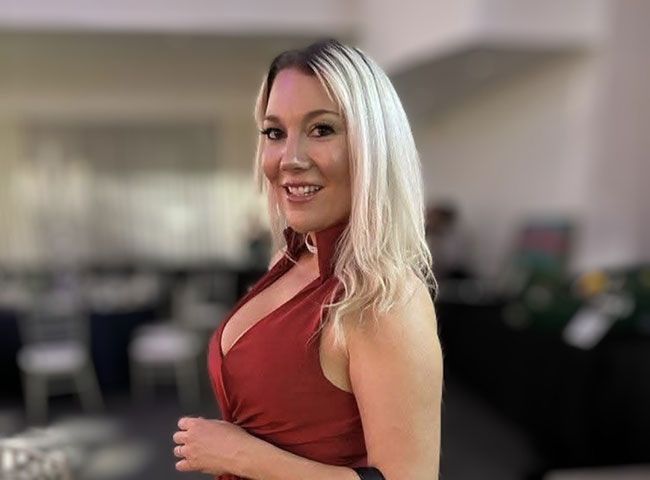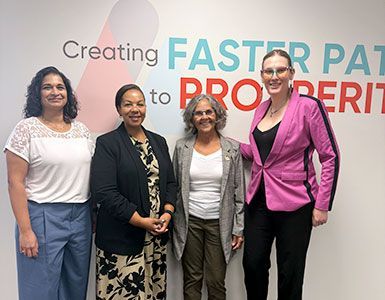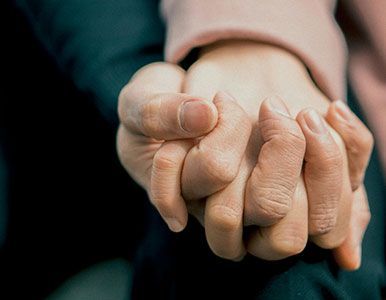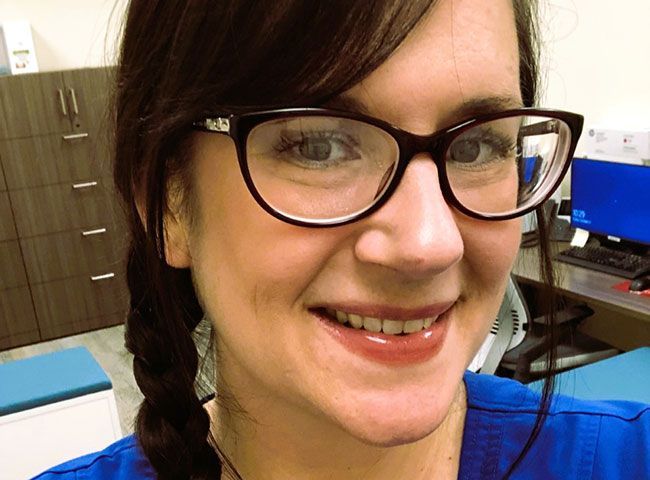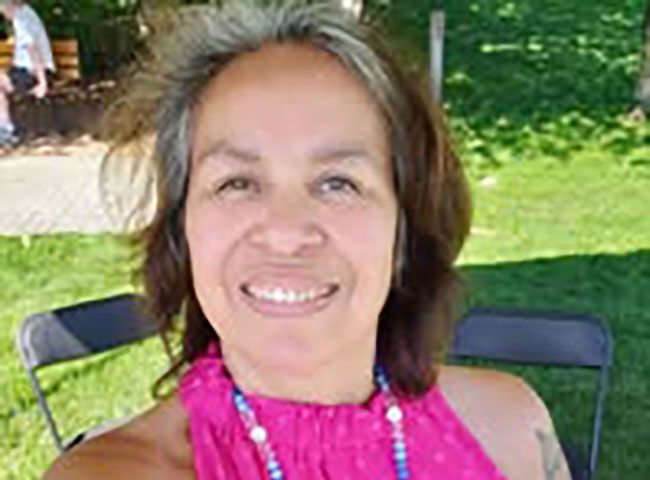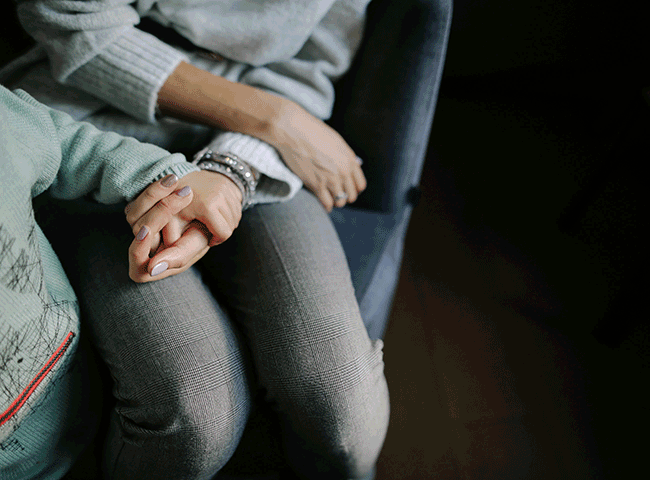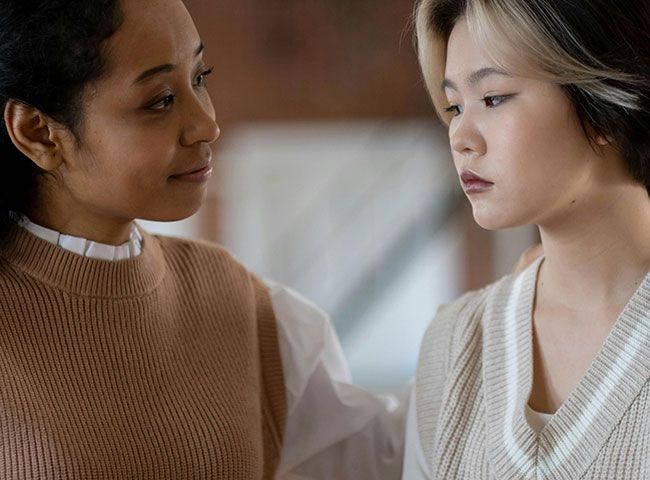The Power of Co-Production: Survivors at the Decision-Making Table
At the Voice of Lived Experience panel organized by Community Development Halton, survivors and peer leaders gathered to talk about what happens when lived experience is treated as real expertise. The conversation focused on co-production—what it is, what it isn’t, and why it matters. Representing SAFE was Committee Chair Lorraine Rollo, alongside powerful voices from across the peer support and gender-based violence sector. Together, they shared powerful insights about the realities of participating in decision-making spaces, the harm of tokenism, and what’s needed to make survivor involvement meaningful, respectful, and lasting. Their message was clear: survivor leadership isn’t just possible—it’s essential.
What Is Co-Production?
Co-production is a collaborative process where people with lived experience, such as survivors of gender-based violence, work alongside service providers and decision-makers to create, evaluate, or improve services. It is not about collecting feedback after a program is launched. It is about being involved from the beginning.
For survivors, this may include joining advisory panels, participating in policy development, co-creating training content, or having a voice in hiring decisions. For this to be successful, the environment must feel safe, supportive, and respectful.
Why It Matters
Survivors understand where services fall short because they have lived through those experiences. They know what it feels like to face long waitlists, unclear systems, and interactions that can retraumatize. Including survivors in decision-making helps ensure those barriers are addressed.
Sandra Halton, Peer Mentor at CMHA Halton, shared how powerful it was to see survivors shaping their own paths. “I never thought my story had any value. But being in a space where my experience helped shape something for someone else? That shifted everything for me.”
Co-production does more than surface problems. It makes solutions stronger. It brings honesty to program design and helps reframe services through the eyes of those who use them.
Avoiding the Mistakes People Often Make
Co-production is not tokenism. It is not a checkbox for community engagement. It is not asking survivors to share their trauma without clear purpose, support, or fair compensation.
Lorraine Rollo, SAFE Committee Chair, reflected on being asked to sit at decision-making tables without any real influence. “I’ve recognized that I’m just a token voice. I’m invited to show up, not to shape anything. And when my feedback isn’t used, it feels like I’m being re-exploited.”
True co-production is different. It requires that survivors are included early, respected throughout the process, and recognized for their time and contributions.
What Makes It Work
For co-production to be meaningful, several things must be in place:
- Clear Roles and Expectations
Survivors should know what they are being asked to do, which decisions they will be involved in, and how their contributions will be used.
- Support and Preparation
Sharing lived experience in institutional spaces can be emotionally difficult. Survivors need space, debriefing, and trauma-informed facilitators who know how to hold it.
Betty-Lou Kristy, Director at the Centre for Innovation in Peer Support (CMHA Halton), put it bluntly: “You don’t just yank someone off the street who has lived experience and throw them at a systems table. That’s going to cause harm.”
Her point was clear: preparation and support must be baked in from the start.
- Fair Compensation
When survivors contribute time, experience, and insight, they should be paid. Unpaid participation can feel extractive, especially when others in the room are being compensated.
Lorraine shared that she often has to take unpaid time off work to contribute her voice. “Speaking on a panel means giving up a day’s income. That’s not nothing.”
- Inclusive Representation
Co-production must reflect the communities it serves. That includes racialized, LGBTQ2S+, disabled, and low-income survivors.
Chanay Dallas, Peer Outreach Worker at Elizabeth Fry Toronto, emphasized this clearly. “If it’s just white women at the top, how can they connect to communities that are different? We need the people making decisions to look like the people they’re serving.”
- Ongoing Engagement
Co-production is not a one-time meeting. It is a long-term relationship built on listening, adjusting, and creating space for feedback.
Survivors as Experts
Survivors hold knowledge that cannot be taught in a classroom. They see gaps in service that professionals may overlook. They know what it feels like to fall through the cracks, and what changes would have made a difference.
Lived experience is not just a story. It is a form of expertise. That expertise should be treated with the same respect as formal training or credentials.
Ruby Atesoglu, Peer Support Lead at WomenatthecentrE, stressed that co-production has to be a real commitment, not just an idea. “If you’re going to invite us to the table, make sure our voices are actually shaping the outcome. Don’t just take our trauma and leave us out of the decisions.”
Recognizing survivors as experts does not mean placing all the responsibility on them. It means inviting their perspective into spaces where it can guide positive change.
The Power of Shared Leadership
When survivors are involved in shaping programs and policies, the results are more compassionate, more responsive, and more effective. Programs begin to reflect the realities of those who use them. Language changes. Priorities shift. Trust grows.
Shared leadership is not just good for survivors. It strengthens entire systems by building services that actually meet people’s needs.
What You Can Do Right Now
Co-production is not a trend or a buzzword. It is a way to create real, lasting change. It asks us to share decision-making power with the people who are most affected by the outcomes.
If you are part of an organization or service, ask yourself who is shaping your programs. If survivors are not involved from the start, there is work to do.
If you are a survivor, know that your insight is powerful. You deserve more than a seat at the table. You deserve to help shape it.
